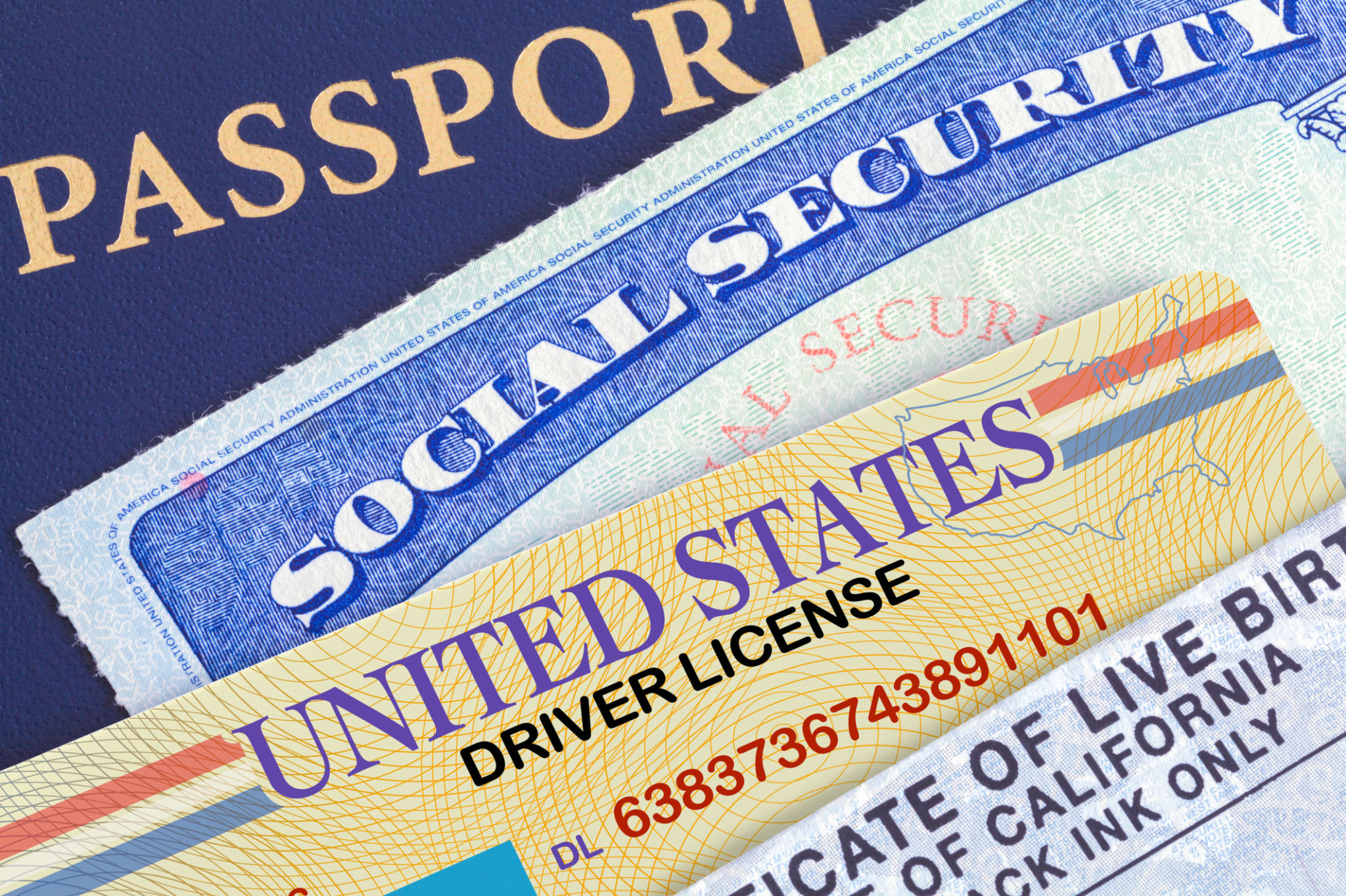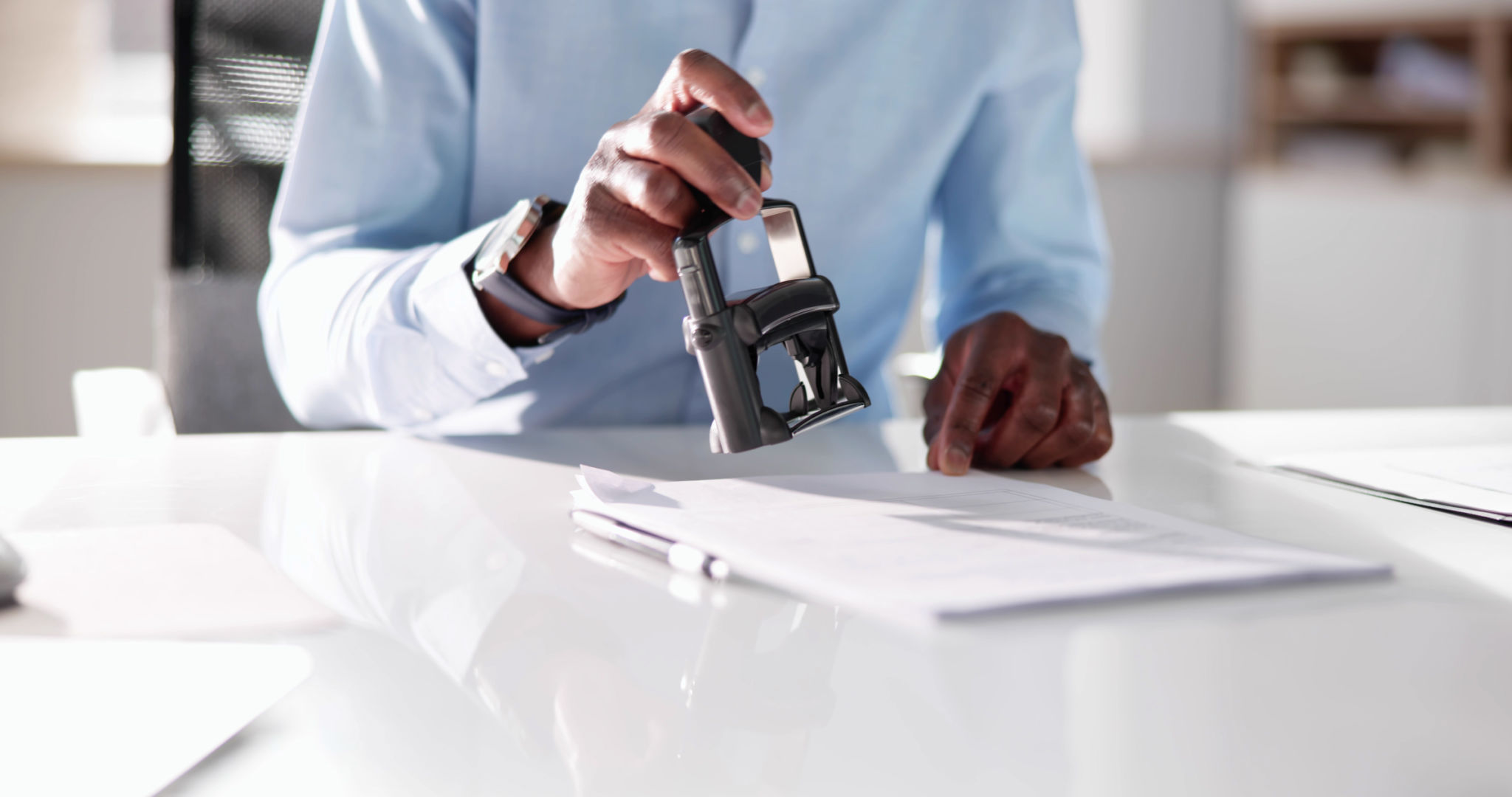How to Prepare Documents for Notarization: A Step-by-Step Guide
Understanding the Basics of Notarization
Notarization is a crucial process that involves a notary public verifying the authenticity of documents and signatures. It is often required for legal documents, such as affidavits, deeds, and contracts, to ensure their validity. Understanding how to prepare your documents for notarization can help streamline the process and avoid unnecessary delays.
Before you begin, it's essential to know that the notary public's primary duty is to act as an impartial witness. This means they must verify the identity of the signers and ensure that all parties are signing willingly and under their own free will.

Gathering Necessary Documents
The first step in preparing for notarization is gathering all the necessary documents. Ensure that you have the original document that needs notarization as well as any supporting documents that may be required. It's important to have these documents organized and ready to present to the notary public.
Additionally, check that the document is complete and free from any blank spaces. Incomplete documents can lead to delays or refusal of notarization. If there are sections you cannot complete beforehand, discuss them with the notary to understand how best to proceed.
Verifying Identification
One of the most critical aspects of notarization is identity verification. The notary public will need to verify your identity with a government-issued photo ID, such as a passport or driver’s license. Make sure your ID is current and matches the information on your document.

In some cases, additional identification may be required, especially for more complex transactions. It’s advisable to contact the notary ahead of time if you have any questions about acceptable forms of identification.
Understanding Notary Requirements
Each state or jurisdiction may have different requirements for notarization. It's essential to familiarize yourself with these specific requirements before meeting with a notary. This could include specific wording that must be included in the document or additional forms that need to be completed.
If your document will be used in another state or country, additional steps such as obtaining an apostille may be necessary. Ensure you understand these requirements to avoid any issues post-notarization.

Scheduling an Appointment with a Notary
Once you have your documents ready and understand the requirements, it's time to schedule an appointment with a notary public. Notaries can often be found at banks, law offices, or even public libraries. Many states also offer online notarization services, which can be a convenient option.
When scheduling your appointment, confirm what documents you need to bring and any fees associated with the service. Being well-prepared will make the process smooth and efficient.
The Notarization Process
During your appointment, the notary will review your documents and verify your identity. They may ask you some questions to confirm your understanding and willingness to sign the document. Once satisfied, the notary will witness your signature and apply their official seal or stamp.

It’s important to sign the document in front of the notary rather than beforehand. This ensures that the signature is witnessed properly and is a crucial step in the notarization process.
Final Steps and Safekeeping
After notarization, you will receive your documents back with the notary’s seal and signature. Review them carefully to ensure everything is in order before leaving. If anything appears incorrect, address it immediately with the notary.
Finally, store your notarized documents safely along with any related paperwork. Having these documents organized and secure ensures they are readily available when needed for legal or official purposes.